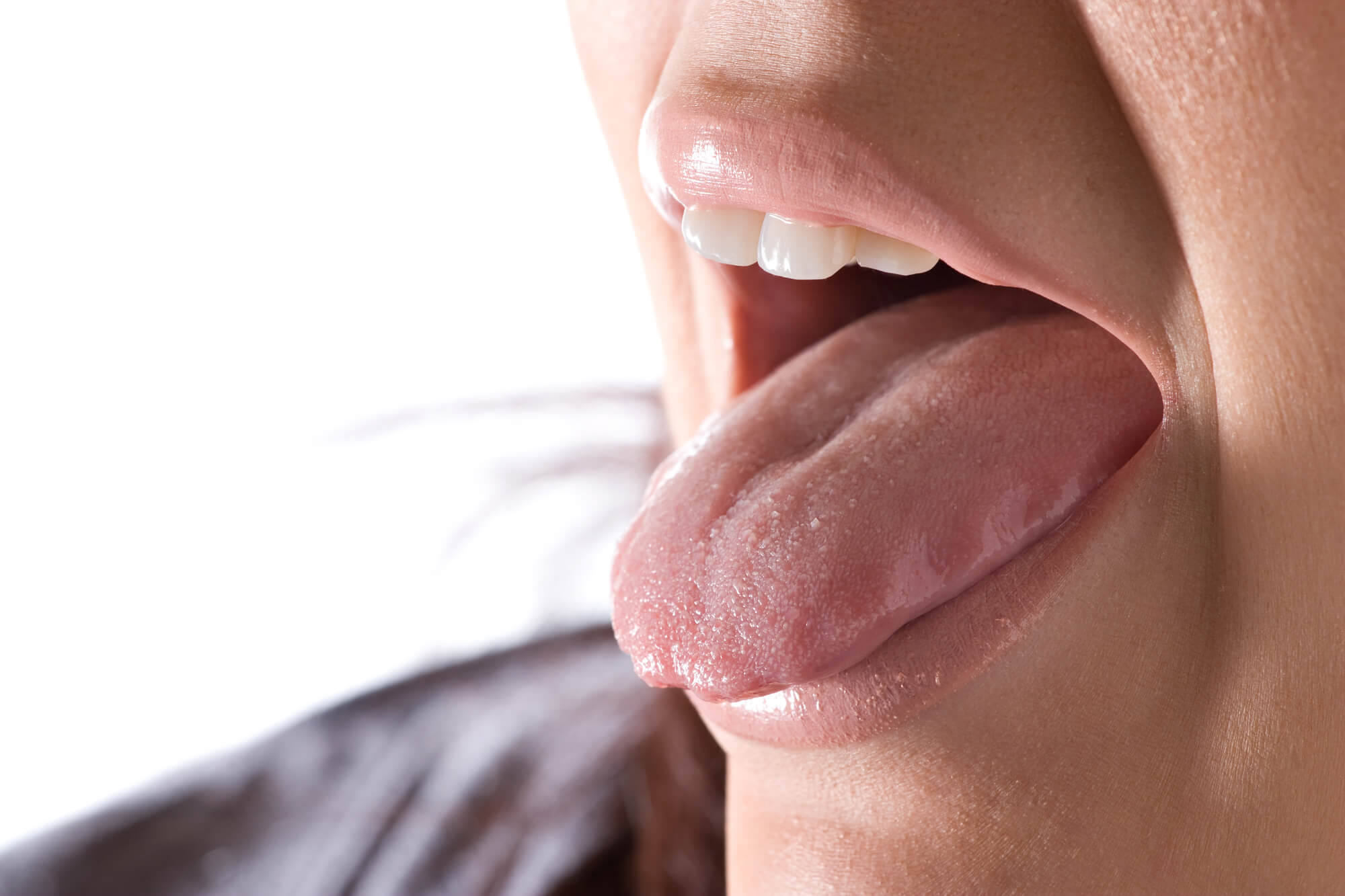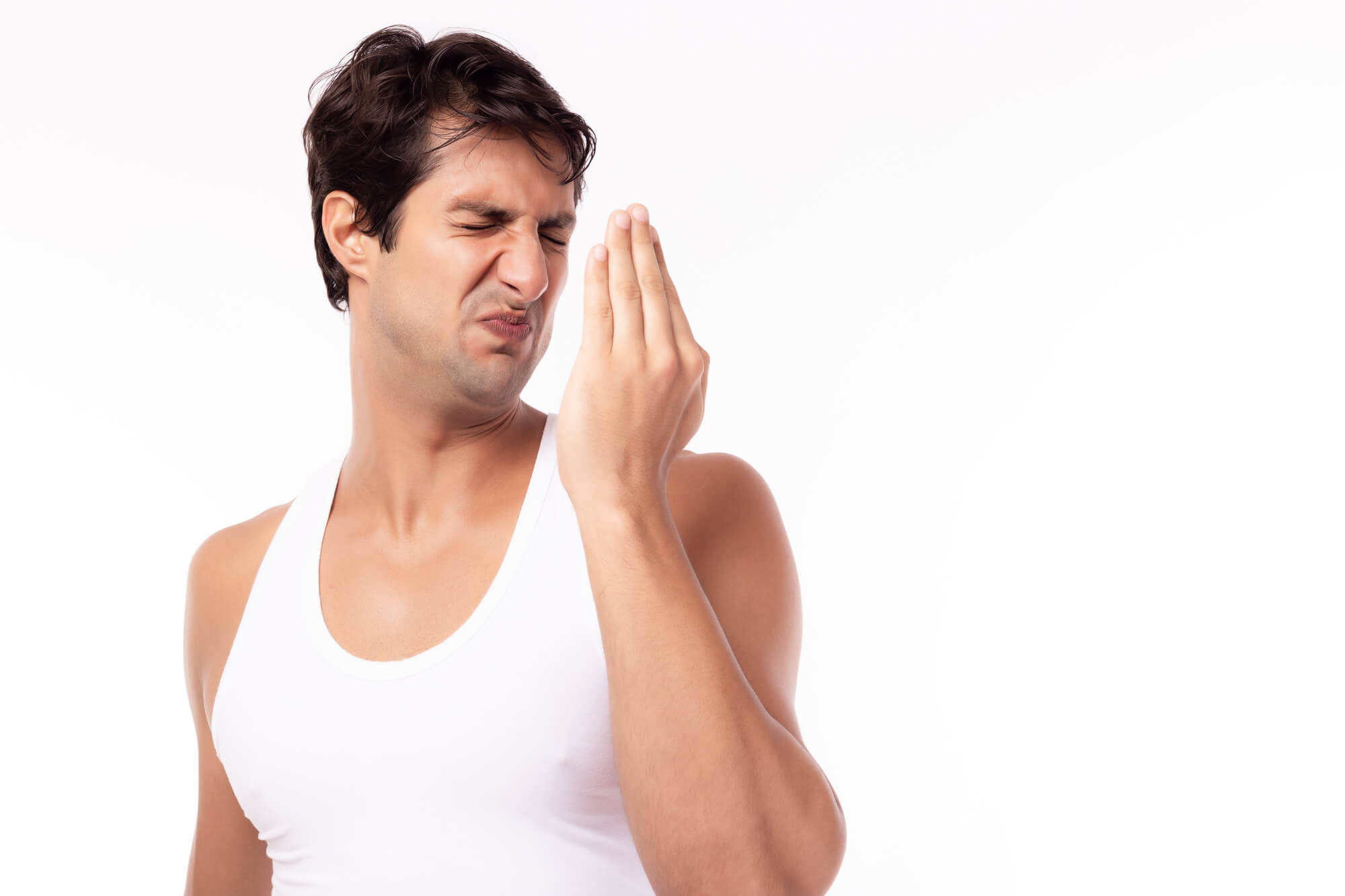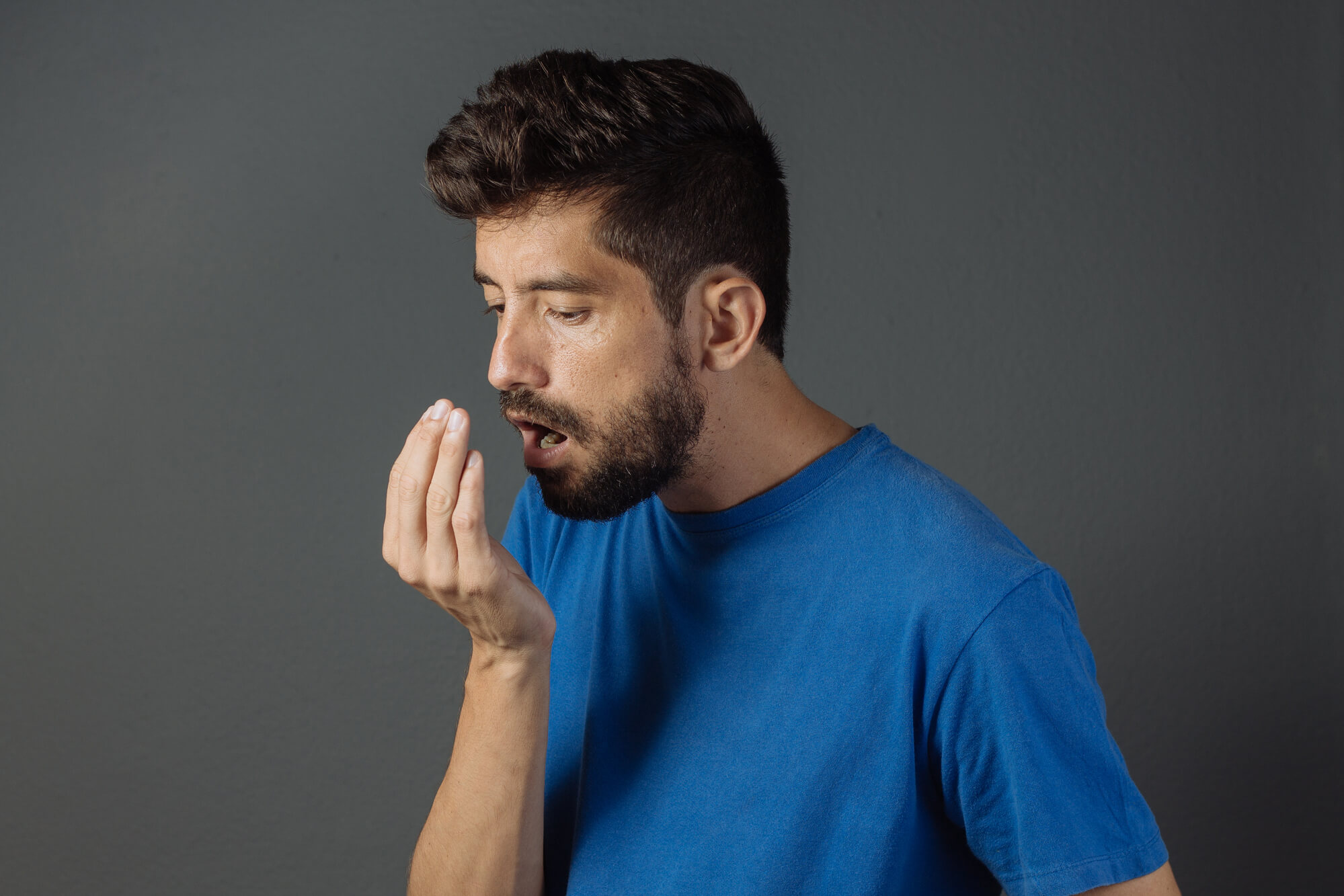What’s the big deal about having bad breath? Should you be concerned? Bad breath or halitosis is a condition that affects millions of people worldwide. Poor dental hygiene is the most common cause of bad breath, but it can also be a sign of something more serious that would require Citrus County dental care.
Everyone experiences bad breath. For example, your breath isn’t that pleasant when you wake up in the morning (aka morning breath), or it could smell bad after eating foods containing strong herbs and spices.
The smell should subside if you brush your teeth and gargle with mouthwash. However, if you experience persistent bad breath, you must see a dentist to determine the underlying cause and treat it before the problem worsens.



Understanding the Causes of Bad Breath
What Are the Potential Causes of Bad Breath?
#1 Poor Dental Hygiene
The number one cause of bad breath is poor dental hygiene. Ideally, you are advised to brush and floss your teeth daily. If you don’t, bacteria and food debris will stay in your mouth and form a sticky, stinky film of bacteria called plaque. They can also collect on the rough surface of your tongue and your tonsils, all contributing to a foul-smelling breath. Moreover, plaque buildup will predispose you to other oral health problems such as cavities and gum disease. Studies show that both conditions are linked to foul-smelling breath.#2 Gum Disease
Gum disease is an infection affecting the tissues and bones supporting your teeth. It is caused by plaque accumulation on your teeth and along the gum line. If not treated, it can lead to tooth loss and other serious health problems. It can cause bad breath because the bacteria causing the infection produce volatile sulfur compounds (VSCs), which have a foul odor.#3 Food and Drinks
Certain foods and drinks, such as garlic, onions, coffee, and alcohol, can cause bad breath. These substances can linger in your mouth and be released when you exhale.#4 Tobacco
Smoking and using other tobacco products are notorious for causing bad breath and increasing your risk of gum disease.#5 Dry Mouth
Dry mouth, also called xerostomia, can cause bad breath because saliva helps to wash away food particles and bacteria in your mouth. When you have a dry mouth, these particles and bacteria can accumulate and produce an unpleasant odor. In addition, saliva helps to neutralize the acids produced by the bacteria in your mouth, which can cause tooth decay and bad breath. These acids can build up without enough saliva and contribute to the odor. Medications, medical conditions, or aging can also cause a dry mouth. If you have persistent dry mouth and bad breath, it is important to see your dentist to identify the underlying cause and receive appropriate treatment.#6 Respiratory Infections
Respiratory infections like bronchitis, sinusitis, and pneumonia can result in mouth odor. These infections produce mucus, which can become trapped in your sinuses or lungs and produce an unpleasant smell.
How Can You Avoid Bad Breath?
- Brush and floss daily to get rid of food debris and bacteria that can cause bad breath.
- Clean your tongue as well. You may use a tongue scraper or toothbrush to clean your tongue, which can harbor bacteria that can cause a stinky breath.
- Drinking water helps to wash away food particles and bacteria.
- Chewing sugar-free gum can stimulate saliva production and help freshen your breath.
- Avoid tobacco products to decrease your risk of gum disease and other oral health problems.

